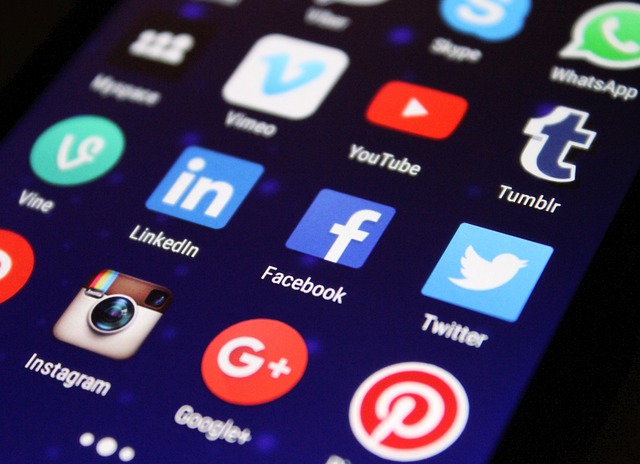In today’s hyper-connected world, the term social media detox often comes up as a solution for the relentless grip of online networks. Many people find themselves feeling overwhelmed, anxious, or even depressed after prolonged exposure to their feeds. Yet, the idea of stepping back from social media is not as simple as it might appear. Let’s explore the hidden dangers of a social media detox and its profound impact on our mental well-being.
Social media has become an integral part of our daily lives. With platforms that allow us to connect with friends, share our achievements, and engage with communities, it is easy to see why we spend hours scrolling through posts. However, these connections come at a cost. The constant stream of curated content can distort our reality, leading to feelings of inadequacy and anxiety. This is where the idea of a social media detox emerges—a temporary cleanse aimed at regaining control and restoring balance.
But, is a complete withdrawal from social media always the answer? For some, the detox can bring about immediate relief, allowing them to reclaim their time and mental space. Yet, for others, the absence of social media can feel isolating. Instead of liberation, it may foster feelings of loneliness or disconnect from their social circles. Relationships that once thrived on digital interactions can suffer, and the initial detox-induced clarity may fade into feelings of FOMO (fear of missing out).
One of the most alarming impacts of a social media detox is the potential for an emotional backlash. Users often fill the void left by social media with other distractions—television, video games, or even unhealthy habits like binge eating. Instead of addressing the root causes of their attachment to social media, individuals may end up substituting one form of escapism for another. This cycle can deepen their emotional struggles, rather than ameliorating them.
Furthermore, the ‘detox’ itself can create anxiety and stress for many individuals. The pressure to conform to societal expectations regarding personal well-being can lead to a sense of failure if one cannot fully disconnect. This pressure can exacerbate the very feelings of inadequacy and anxiety that drove the desire for a detox in the first place.
It is crucial to understand that the solution to one’s emotional struggles is not necessarily found in total and abrupt disconnection. Instead, a more balanced approach could be beneficial. Strategies could include setting boundaries around social media usage, curating feeds for positivity, or scheduling specific times for engaging online. By allowing oneself to partake in social media intentionally, individuals can maintain their connections while minimizing the adverse effects.
Ultimately, the journey to navigate the influence of social media is deeply personal. A social media detox might offer temporary relief, but awareness and balance are key to achieving long-lasting peace of mind. The relationship we have with these digital platforms is complex, and understanding it can lead us toward healthier, more fulfilling interactions both online and offline.



